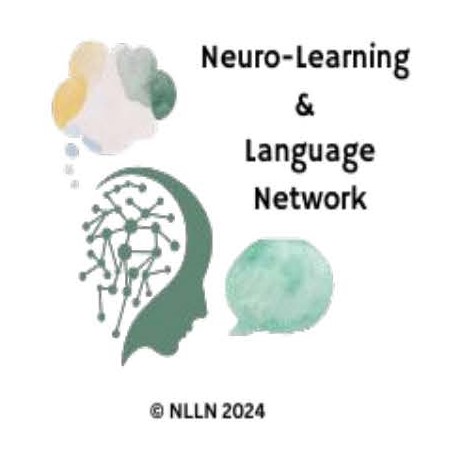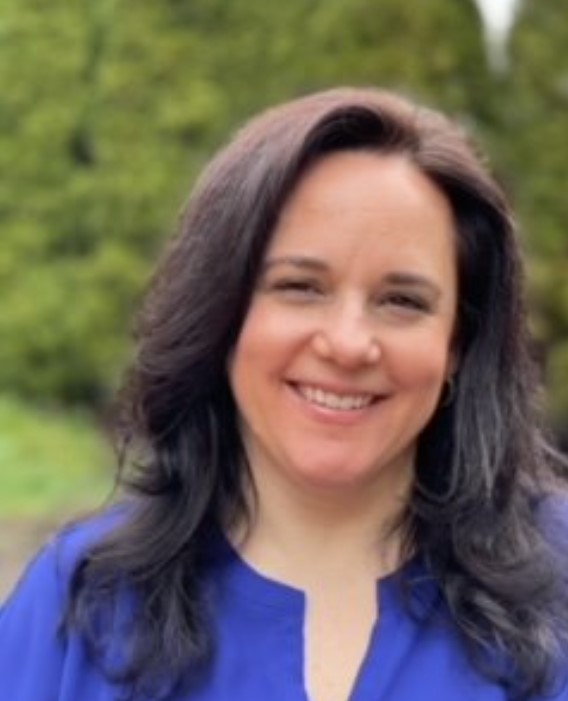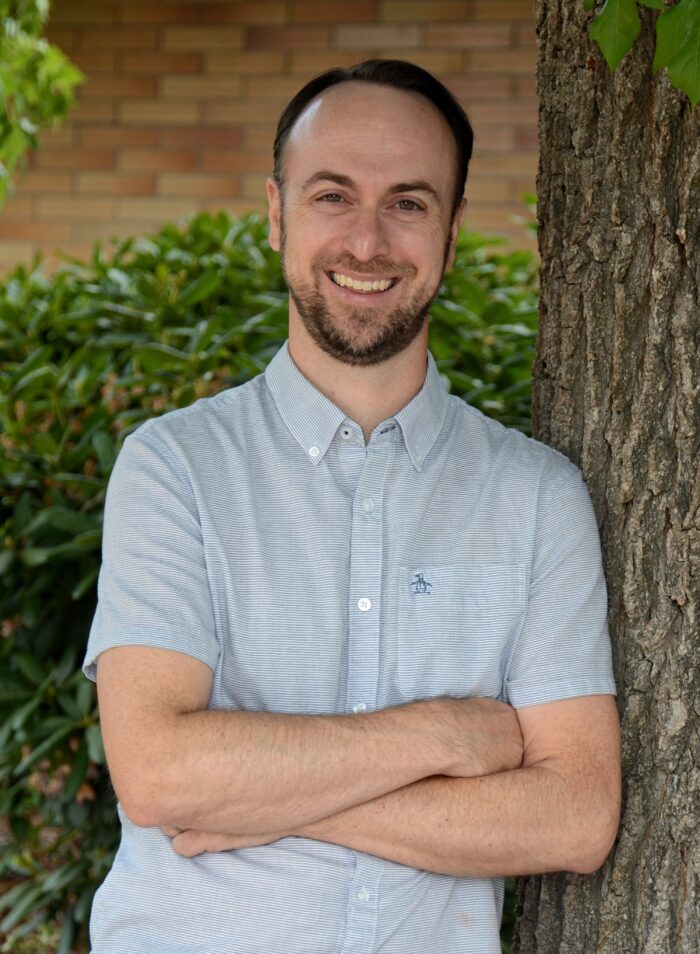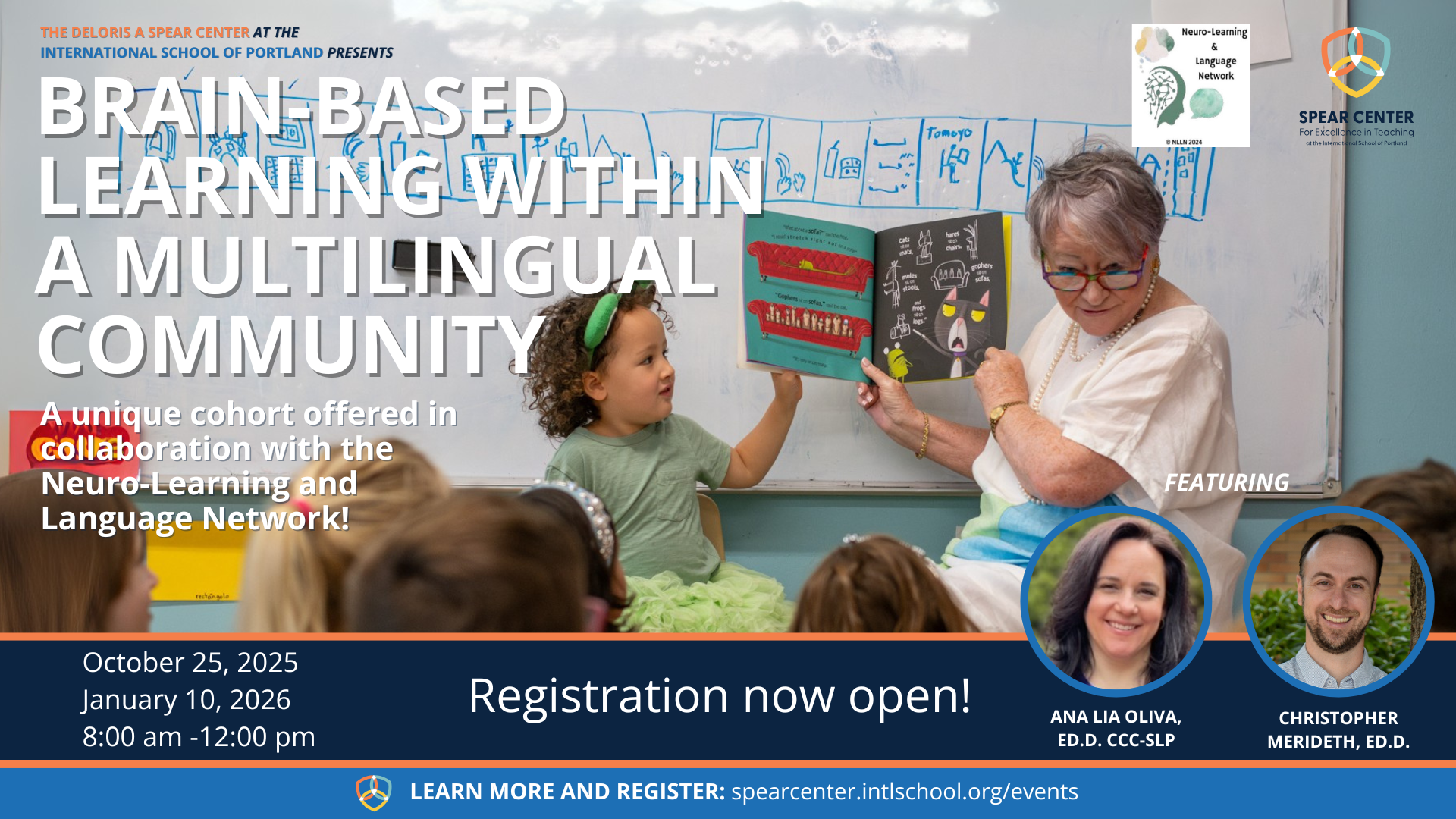Brain-Based Learning Within a Multilingual Community
IMPORTANT NOTE: This is a cohort-style professional learning opportunity occurring between October 2025 and January 2026. Participants are expected to attend both sessions.
Dates: October 25, 2025 and January 10, 2026 (half day sessions)
In-person Location: International School of Portland campus, Portland Oregon
Presenters: Ana Lia Oliva, Ed.D. CCC-SLP and Christopher Merideth, Ed.D.
Audience: PreK through 12th grade educators and educational leaders
Workshop description
Research demonstrates that children who learn more than one language experience numerous life-long cognitive, social, and linguistic benefits. However, knowledge about how multilingualism can positively impact the developing brain can often be missing from classrooms and school systems. As a result, many educators remain unaware of how to harness these existing multilingual strengths within their students, resulting in lost opportunities to leverage children’s unique brains, talents, and life perspectives.
In this multi-part professional learning opportunity, two educational researchers will explore the advantages of fostering a multilingual learning community within all classrooms through the lenses of neuroscience, cognitive psychology, and language. Sessions will include an introduction to brain-based learning theory, multiple demonstrations of visual language learning strategies, and opportunities for participants to give thought to how they might promote learning in their own educational settings. Session attendees will be introduced to contemporary ways to enrich all students’ learning experiences in order to empower children to become lifelong cultural and linguistic ambassadors among their communities.
Upon participating in this professional workshop, attendees will be able to:
- Describe research about the mind, brain, and language that showcases the
neuro-linguistic benefits of being immersed in a multi-language learning environment. - Identify the three academic lenses of brain-based learning guiding Arwood’s
Neuro-Education Model [neuroscience, cognitive psychology, and language] (Arwood, 2011) and explain how this theory informs contemporary understandings of multilingualism. - Define how 95% of students think and learn using a visual language learning system and diagram a series of educational strategies designed to harness the visual learning strengths of the brain.
- Identify and leverage cross-linguistic strengths among multilingual learners by assessing students’ formal and informal language development across all of their languages, recognizing how conceptual understanding and cognitive processes develop through translanguaging.
- Celebrate the unique hallmarks of neurodiverse learners in the pursuit of promoting equity-based efforts of inclusion and social justice.
Day One
October 25, 2025, 8:00 AM – 12:00 PM
Focus: Neuro-education principles with emphasis on the role of language in multilingualism and cognitive learning processes
Between sessions one and two, participants will implement and reflect on new strategies.
Day Two
January 10, 2026 8:00 AM – 12:00 PM
Focus: Application of brain-based learning strategies within multilingual classroom settings
Ticket Types
Individual ticket: Early bird
Group ticket: Early Bird
Individual ticket
Group ticket (3 or more)
Available Dates
October 27 – September 30, 2025
October 27 – September 30, 2025
October 1 – October 18, 2025
October 1 – October 18, 2025
Cost per Ticket
$200
$175
$225
$200

The Neuro-Learning and Language Network was founded to equip educators with an understanding of the neuro-linguistic and cognitive processes associated with learning by exploring how the mind, brain, and language intersect in learning. We aim to share actionable instructional strategies that leverage student’s visual learning strengths and cross-linguistic abilities. This professional development approach empowers educators to celebrate and support the diverse ways students think and learn. Ultimately, these efforts promote educational equity and social justice by creating inclusive cultural and linguistic responsive environments where all learners can thrive.

Ana Lia Oliva, Ed.D. CCC-SLP, is a practicing speech-language pathologist, educational leader, instructional coach, lecturer, and researcher with a career dedicated to understanding the intersection of language, learning, and cognition. She holds a Doctorate of Education in Leading and Learning in Neuro-Education from the University of Portland. Dr. Oliva’s research explores the pivotal role of language in cognitive processes involved with adult transformative learning.

Christopher Merideth, Ed.D. is a writer, university lecturer, and former special education teacher. While pursuing his Doctorate in Neuro-Education, Dr. Merideth worked as a doctoral fellow engaging in a wide variety of research projects for school districts in the Pacific Northwest. Dr. Merideth is the founder of Neuro-Education Press and the co-editor of the 2017 book Neuro-Education: A Translation From Theory to Practice.


